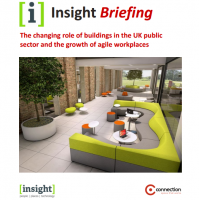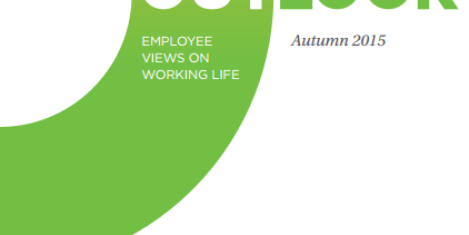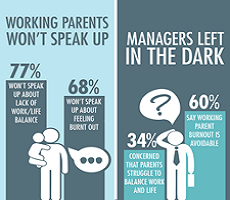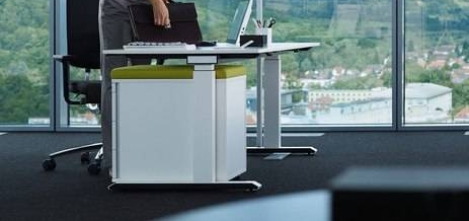November 2, 2015
Insight Briefing: the growth of agile workplaces in the UK public sector 0
 The process of transforming the UK’s public sector estate may have begun under the last Labour administration but it’s fair to say that change really began to kick in as a consequence of the austerity programme initiated by the current administration. Central Government departments and local authorities had already started exploring new ways of owning and occupying their property in the same way as their private sector contemporaries. Now they were incentivised to respond to an administration that was not only prepared to cut their budgets but was introducing frameworks and legislation that encouraged them to innovate and pioneer a new generation of agile workplaces. In our first Insight Briefing, produced in partnership with Connection, we look at how these forces for change have catalysed a new approach and challenged the idea that innovation in workplace design and management is primarily the preserve of the private sector.
The process of transforming the UK’s public sector estate may have begun under the last Labour administration but it’s fair to say that change really began to kick in as a consequence of the austerity programme initiated by the current administration. Central Government departments and local authorities had already started exploring new ways of owning and occupying their property in the same way as their private sector contemporaries. Now they were incentivised to respond to an administration that was not only prepared to cut their budgets but was introducing frameworks and legislation that encouraged them to innovate and pioneer a new generation of agile workplaces. In our first Insight Briefing, produced in partnership with Connection, we look at how these forces for change have catalysed a new approach and challenged the idea that innovation in workplace design and management is primarily the preserve of the private sector.





















 Biodynamic lighting is an artificial light source that replicates the dynamic variations of daylight and sunlight through a light management system. Up until recent times, it was commonly believed that light was only needed for seeing. However, in 2001, an American scientist, G. C. Brainard discovered a circadian photoreceptor in the retina, which receives a specific quality and quantity of light, and sets the biological clock.* He discovered that light not only provides us with the ability to see, but that light enters the eye via the ‘fourth pathway’, which has a vital non-visual or biological effect on the human body. His studies showed that a certain quantity and quality of light stimulates the biological clock, also known as the circadian rhythm, which regulates hormone levels, particularly melatonin and cortisone, in the body and so plays a vital role in our physical and mental wellbeing.
Biodynamic lighting is an artificial light source that replicates the dynamic variations of daylight and sunlight through a light management system. Up until recent times, it was commonly believed that light was only needed for seeing. However, in 2001, an American scientist, G. C. Brainard discovered a circadian photoreceptor in the retina, which receives a specific quality and quantity of light, and sets the biological clock.* He discovered that light not only provides us with the ability to see, but that light enters the eye via the ‘fourth pathway’, which has a vital non-visual or biological effect on the human body. His studies showed that a certain quantity and quality of light stimulates the biological clock, also known as the circadian rhythm, which regulates hormone levels, particularly melatonin and cortisone, in the body and so plays a vital role in our physical and mental wellbeing.




 I was involved in a meeting with an office fit-out company this week which involved a discussion of how their clients can develop misconceptions about the extent to which their contemporaries are introducing new office design and management models based on agile working, shared space, mobile technology and all that other good stuff. This presents a particular challenge for firms in the sector because their day to day experiences of what clients talk about and ask from them can be pretty removed from the things talked about in the media. If you were to judge the state of the office solely on the basis of what you read and hear and see at shows, it would be easy to conclude that the office is indeed dying and dragging down with it the markets for office furniture, commercial property and traditional technology. The problem is that the facts don’t support that notion at all.
I was involved in a meeting with an office fit-out company this week which involved a discussion of how their clients can develop misconceptions about the extent to which their contemporaries are introducing new office design and management models based on agile working, shared space, mobile technology and all that other good stuff. This presents a particular challenge for firms in the sector because their day to day experiences of what clients talk about and ask from them can be pretty removed from the things talked about in the media. If you were to judge the state of the office solely on the basis of what you read and hear and see at shows, it would be easy to conclude that the office is indeed dying and dragging down with it the markets for office furniture, commercial property and traditional technology. The problem is that the facts don’t support that notion at all.








October 28, 2015
What Shakespeare’s Henry V can teach us about flexible working
by Julia Johnston • Comment, Facilities management, Flexible working
Why are so many of us preoccupied with the status that having an office brings? They say it’s lonely at the top. Well, that loneliness often starts with the social exclusion of being in an office. Why would you not want to be in with the in-crowd, to be with your own team of people and the go-getters who are making a difference to your organisation? Why not be where the action is at the working coalface of your organisation? Stuck in your office, you can feel like a kid in the corner of the playground, wondering what the others are whispering about. Some of us want an office because we believe it shows our peers that we have made it; that we have reached the upper echelons of our corporate management structure and become an acknowledged achiever. We want an office so that we can preen to others, but that doesn’t automatically make for better managers, leaders or companies.
(more…)